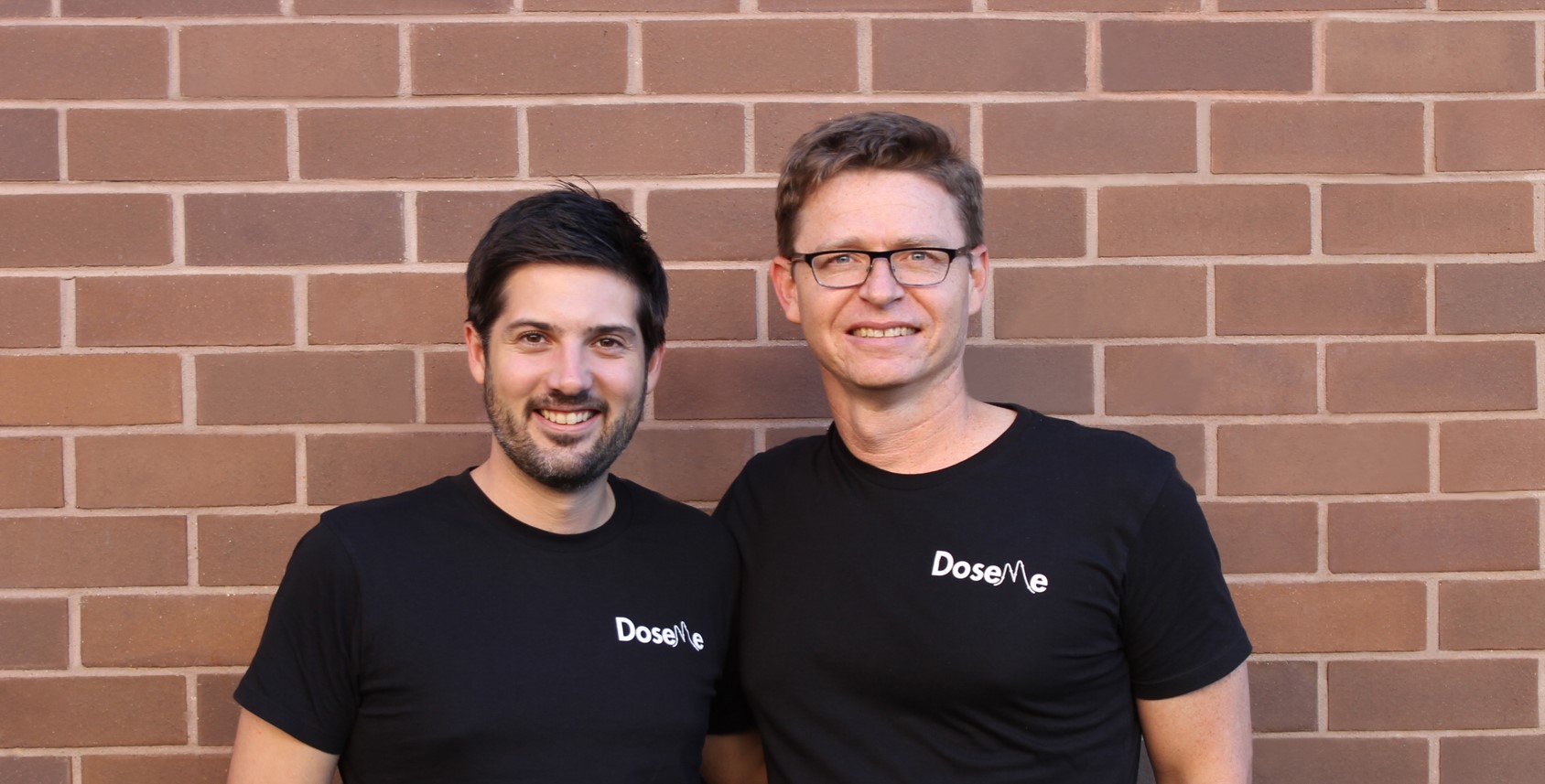When it comes to taking your medicine, a new medical technology, created in Australia, is proving that one size, or dose, does not fit all.
Think about it. When your doctor prescribes a dose of medicine to treat your particular illness, have you ever considered if that same dose would be right for, say, your mother or father, or your best friend? We’re all built differently, and our metabolic rates or fitness or lifestyle, can all play a part in the efficacy of a dose of medicine.
As with technology – we’re all able to personalise our individual settings, whether it be on our phones, social media, email settings, laptops and notifications.
Why not do the same with medicine?
The future has arrived, thanks to the Brisbane-based start-up DoseMe, which has developed a precision dosing tool that uses an algorithm to create a “virtual avatar” of a patient’s metabolism to help doctors more accurately calculate the most effective dosage in seconds.
It’s not about what the medicine can do for the patient, rather it’s about what the right amount of medicine can do for each individual.
DoseMe was founded in 2014 by Robert McLeay, who combined his expertise in software development with medical research – his goal with DoseMe is to deliver access to “best-practice dosing”.
The DoseMe idea evolved in a conversation over a barbecue with friends, when McLeay was reflecting on the mathematical modelling used to create individualised dosing models for pharmaceutical companies. The purpose of that modelling was to enable the so-called “Big Pharmas” to seek approval for their products through either the Therapeutic Goods Administration (TGA) in Australia or the Food and Drug Administration (FDA) in the USA.
He figured that the individual data could also be used in a day-to-day clinical setting, where doctors could prescribe doses to patients at an individual level – a new way to deliver doses rather than based on the ‘average’ person.
Dosing based on weight is known to be problematic, McLeay said.
“Just as you don’t fit shoe size based on someone’s weight, you really shouldn’t expect it to work perfectly for medicines either. This is because we all absorb, process and clear a drug differently.”
It’s all about the technology – and DoseMe was built to be used quickly and easily and accurately in a clinical setting inside a hospital.
At present, clinical pharmacists inside hospitals are the primary user of DoseMe technology – sales and development teams feel the focus on a broader range of infectious disease doctors and their treatment in major hospitals, is a key to proving the value of DoseMe. The clinicians dealing with these diseases would be able to tap into the technology and the range of antibiotics already on the DoseMe platform. At that scale, the efficiency provided by DoseMe is proving to be very effective and cost saving for major hospital departments.
Investors have seen the potential of DoseMe and, so far, have injected about $2.6million to commercialise the software. An initial investment of $500K by entrepreneur and tech start-up investor Steve Baxter, helped DoseMe build the case for regulatory approval.
Imperative to any success for DoseMe is regulatory approval, and the company has achieved clearance from the TGA in Australia, and the CE (European Conformity), required by the European Union. They are yet to receive clearance from the FDA in America, but that process is underway as of November 2016.
The investment has helped DoseMe build what they call “an organisation for the future” and they have added a sales and marketing team, to support the development and regulatory segment.
Being a cloud-based technology business, the scale and security of a good platform will be key to future success.
Says CEO, Charles Cornish: “We are a large user of servers. We’re cloud-based and that is fundamental to what we offer.”
Part of the evolution to future success was migrating DoseMe to Microsoft’s Azure platform, from the original Amazon Web Service, as “there was no Azure in Australia when we started”.
“We need to be in all of the major markets because we are a health-care device, which needs to be approved by the FDA and the CE. The servers had to be physically located within the borders of the countries where we are operating.”
He said DoseMe has joined with Azure “for partnership reasons” and they have built a strong relationship with Microsoft. The development team believes the Azure platform and software is much easier to use and, importantly for a start-up, it is a more cost-effective option.
They are using the Azure infrastructure including virtual machine, but as DoseMe scales, they are looking at other services, including HD insight and Machine Learning.
“We have global reach because of the mobility we’re offering,” says Cornish. “It has the iOS and Android capability which we’ve already developed. So, it provides access to any hospital, anywhere in the world.”
Even in countries where technology does not play as big a role, Cornish says DoseMe can be used to “save the life of a young Leukaemia patient in less than a second.”
“It is a very easy, quick way to change the lives of a lot of sick people,” he says.
Looking ahead, Cornish says that the presence of DoseMe within hospitals and their internal pharmacy departments, will be a key to opening doors and expanding the reach to other departments and a bigger market.
It goes to show that when it comes to doses of medicine, one size does not fit all, but DoseMe will enable doctors, in the future, to prescribe the right size of dose to suit each and every one of us!





